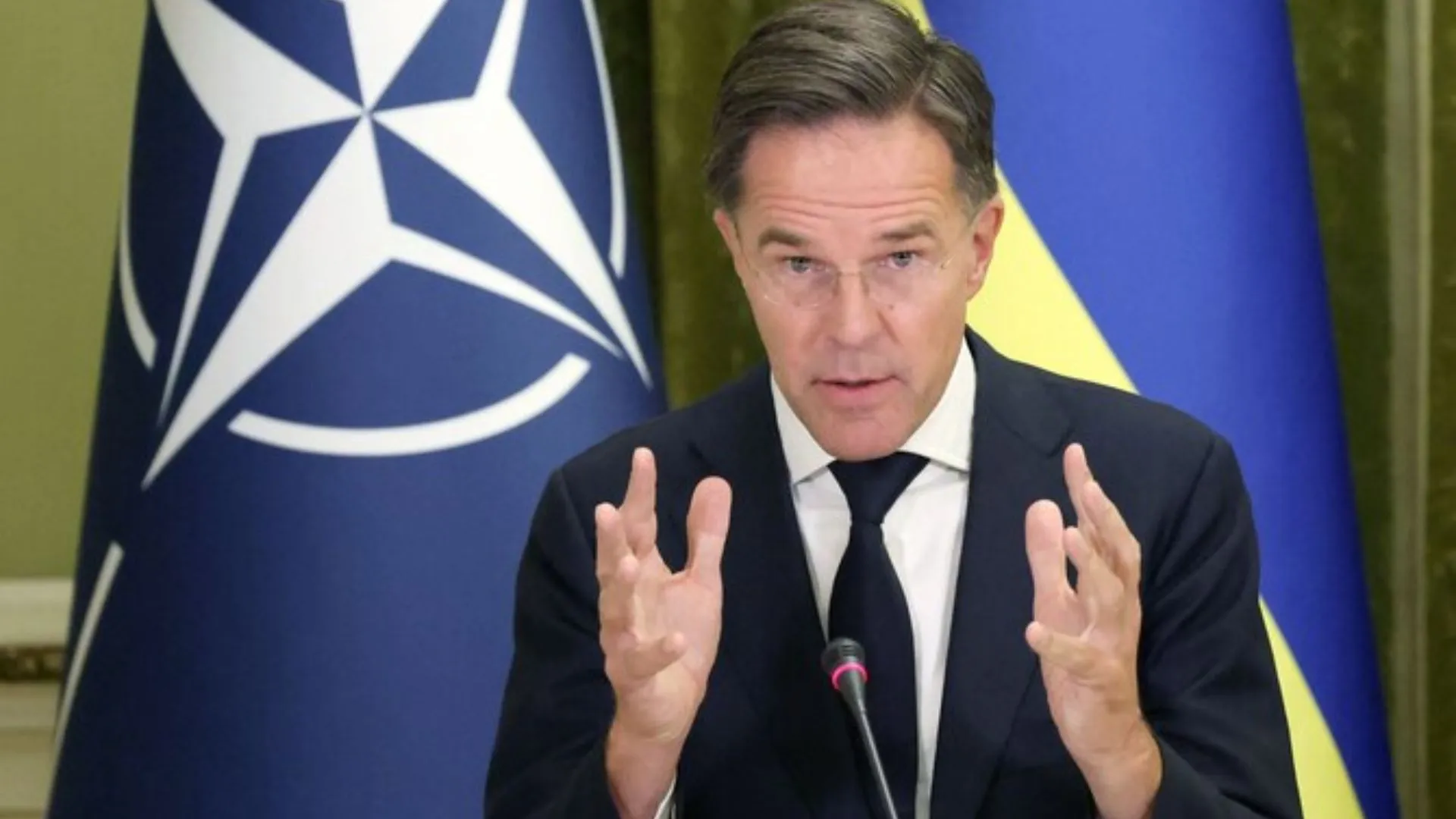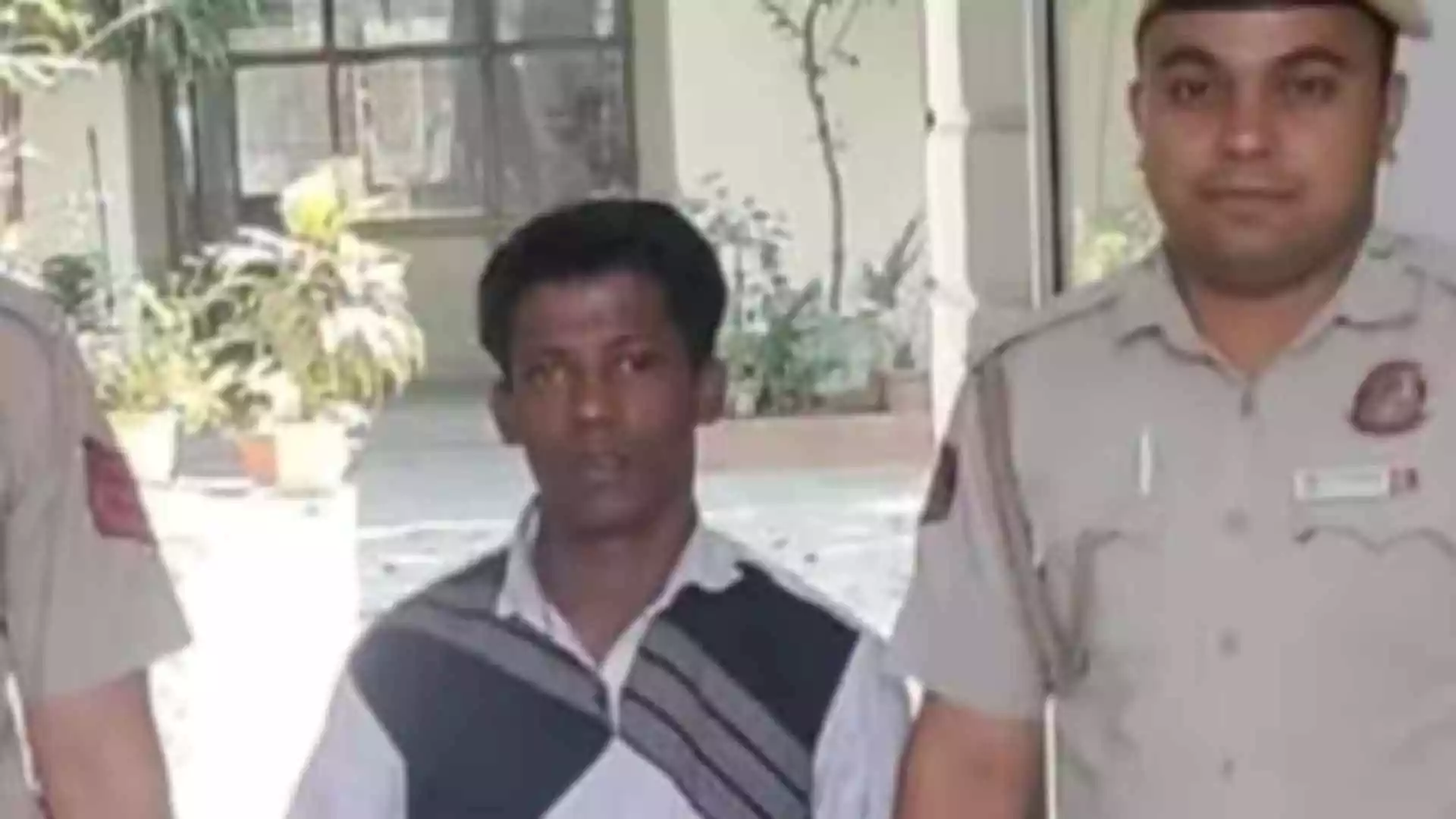Prime Minister Albin Kurti announced on Wednesday that Kosovo is preparing to open its first state-owned ammunition factory and drone design lab, a move aimed at helping the country strengthen its defence industry, as Kurti emphasized that now is the time for producing weapons and military technology without relying solely on other countries amid rising tensions with Serbia.
Setting Up an Independent Defence Industry
Kurti stressed the importance of developing a sustainable and self-reliant defence sector capable of supporting the rapid expansion of military resources. “A military that has been armed so much in such a short time as ours needs to ensure and guarantee full operational capability and overall sustainability,” Kurti said. To get started, an inter-ministerial commission will be formed and chaired by the defence minister, Ejup Maqedonci. The construction of both the facility and the laboratory will follow. A feasibility report from state producers in Turkey has already been received, and project work is nearing completion.
Responding to Regional Threats
Kosovo’s new initiatives come as it strives to bolster its defences against potential threats, especially from its neighbouring country Serbia, which still insists that Kosovo is part of Serbia. Kurti has repeatedly called for the country to be prepared for any challenges from Serbia, reinforcing the urgency of these new initiatives.
NATO and Regional Context
Despite having a light armed force, Kosovo’s defence posture has changed significantly since Kurti came to power in 2021. The country has increased its defence budget and made significant acquisitions, including a batch of Turkish-made Bayraktar drones purchased in July 2023. Additionally, the U.S. State Department approved the sale of Javelin anti-tank missiles earlier this year for an estimated $75 million.
The current global security landscape, including the situation in Ukraine and the crisis in the Middle East, underscores the need for nations to replenish their ammunition and armament stocks. Over 4,000 NATO peacekeepers are stationed primarily in the northern regions of Kosovo, where ethnic tensions have reached some of their highest levels since Kosovo declared independence from Serbia in 2008.
Kosovo’s defence policies align with NATO’s expectations, reflecting the nation’s desire to join the alliance. However, Kosovo’s full membership is hindered by four NATO member countries that do not recognize it as a state.
ALSO READ: ICC Prosecutor Seeks Arrest Warrant For Myanmar’s Military Leader Over Rohingya Atrocities






















